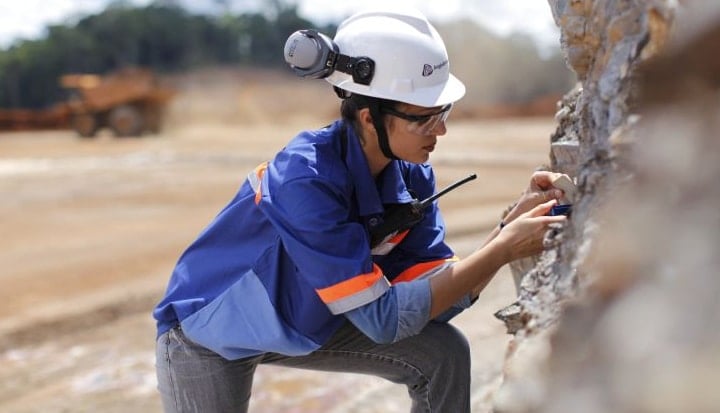The communities of Catuné Água Santa de Minas in Brazil have struggled for decades to receive healthy drinking water. While the infrastructure systems for delivering water to these communities are in place, the water that reaches them is not potable. Attempts to filter the water were not sufficient to eliminate micro-organisms that are harmful to health. With diseases relating to unpurified water being the second highest cause of infant mortality in Brazil, this has been a major concern to local communities. Both communities are in an area through which our Minas-Rio pipeline will pass, and, as part of our commitment to the local area, our iron ore business has collaborated with the city government of Tombos to address this challenge.
Working with communities and local government, we are acquiring and installing two water treatment stations and the local government will upgrade the existing water supply infrastructure, install hydrometers and maintain the treatment stations. Around 3,000 people will benefit by having access to healthy drinking water and an environmental education programme is planned to create awareness about its use.
Paulo Castellari, Chief Executive, Iron Ore Brazil, describes how SEAT has been put into action:
“The development of our Minas-Rio project has required that we engage with thousands of individuals in dozens
of communities. We needed to have the means to explain our project and respond to both their questions and their broader socio-economic development needs and aspirations. The SEAT guidance has provided a fundamental role in understanding these priorities and concerns. SEAT has helped us to manage negative impacts associated with the project as well as identify opportunities for socioeconomic benefit delivery. For instance, we identified that the communities surrounding our pipeline lacked access to potable water with significant consequences for community health, and we are now working in partnership with local government and the communities to address this challenge through both water and sanitation schemes and broader community health programmes. We expect that this approach will mitigate negative impacts and deliver benefits that will allow us to deliver on our strategy to be a partner of choice.”










